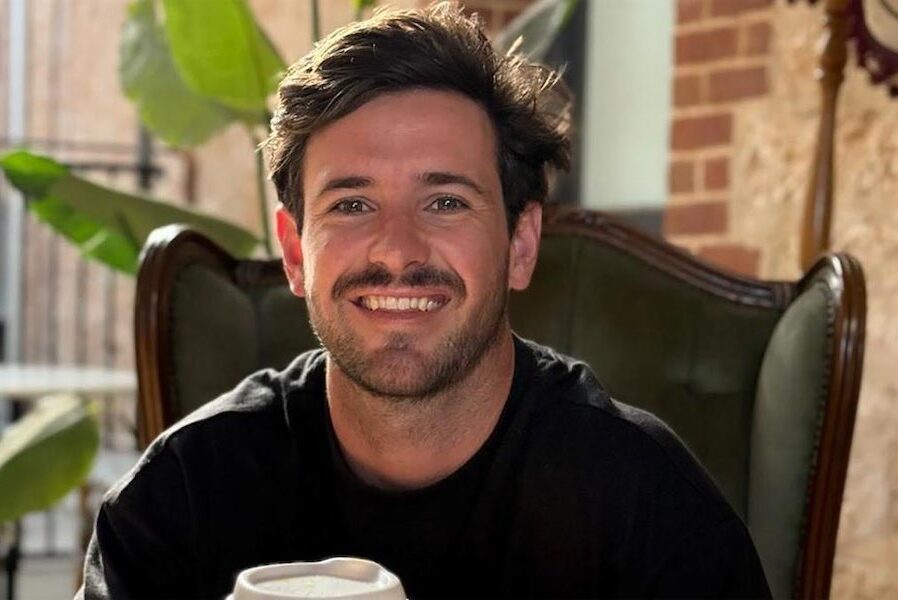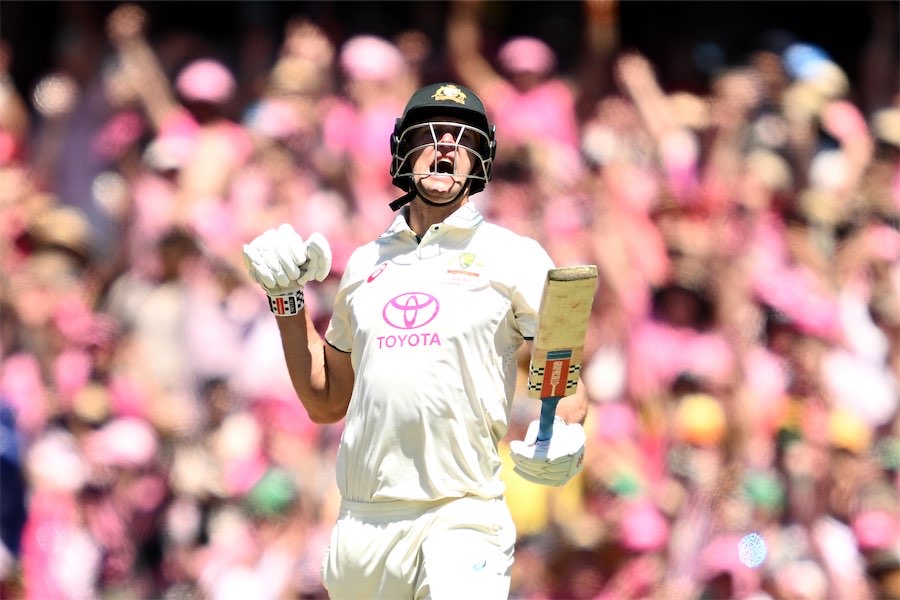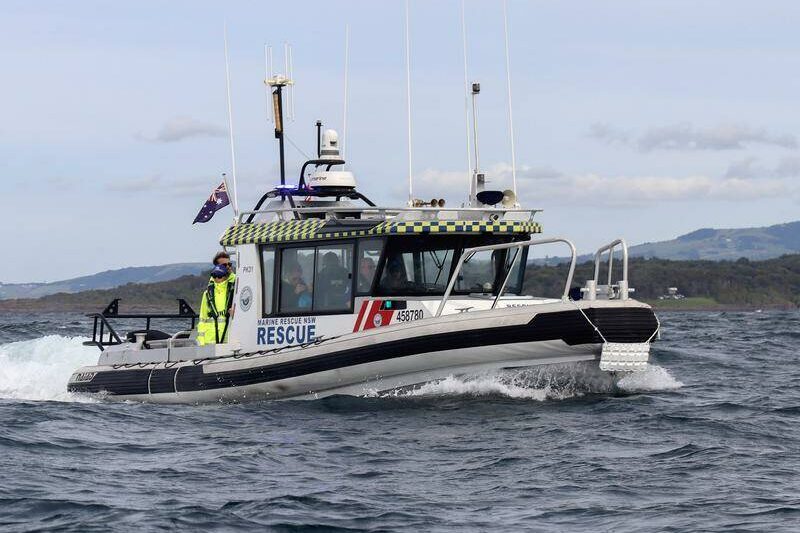
By Callum Godde and Poppy Johnston in Canberra
Clearing up any lingering confusion about consent is at the heart of a new national campaign aimed at educating children and ending gender-based violence in a generation.
A 12-month national consent campaign was announced by the Albanese government on Sunday, starting with the question “if we don’t know the answers, how will our kids”.
Social Services Minister Amanda Rishworth said research revealed both adults and young people understood the importance of the matter and that sex without consent was wrong
“However, for many there is confusion around what consent means in a practical sense,” she said while announcing the campaign in Adelaide on Sunday.
People were often unsure about whether consent could be withdrawn, for example, or whether the absence of a “yes” indicated a lack of consent.
The $40 million, 12-month campaign will feature on television, online videos, social media and cinemas and encourage adults to check their understanding of consent, before discussing it with each other and young people.
One of the advertisements shows various people hugging and asking questions such as “what if we’ve been drinking and we go back to their place”, “is a kiss consent to more” and “what if I said yes earlier … can I still change my mind”.
The campaign is a key part of the government’s commitment to ending gender-based violence within a generation.
“Learning about consent isn’t just about reducing harm, it is about providing the next generation with skills to have safe, healthy relationships for life,” Ms Rishworth said.
The campaign used research involving more than 2600 Australians and in consultation with a panel of sexual violence and consent experts, including Teach Us Consent campaigner Chanel Contos.
“I think the impact of normalising public conversations about consent will be a significant step,” said Ms Contos, who’s also a campaign ambassador.
A dedicated website has been set up with an interactive question generator and “misconception cards” to debunk common myths about consent, as well as conversation guides.
The Labor government said research shows about 25 per cent of teenage boys in Australia look up to social media personalities who perpetuate harmful gender stereotypes.
Giving clear messages to young people was critical to achieving a cultural shift, Prevention of Family Violence Assistant Minister Justine Elliot said.
“There’s a lot of contradictory messages and myths around consent, so it’s vital that we provide clarity and consistency on the messaging,” she said.
“In Australia, one-in-five women and one-in-16 men has experienced sexual violence since the age of 15, with women most likely to experience this at the hands of an intimate partner.”
National cabinet held an emergency meeting earlier in May on domestic violence prevention, after a number of high-profile cases involving women who were killed by men they knew.
According to the Counting Dead Women Australia site on FaceBook, 29 have died from violence this year.
In response, the federal government pledged more than $900 million to make permanent a program to provide a one-off $5000 payment to women fleeing violence.
In 2021, a widely-derided video of a young woman smearing a milkshake on a man’s face in a bid to convey consent was removed as part of the then coalition government’s “Respect Matters” campaign.
Who can be trusted?
In a world of spin and confusion, there’s never been a more important time to support independent journalism in Canberra.
If you trust our work online and want to enforce the power of independent voices, I invite you to make a small contribution.
Every dollar of support is invested back into our journalism to help keep citynews.com.au strong and free.
Thank you,
Ian Meikle, editor




![Canberra’s woodchopping association – the Hall and District Axemen’s Club – is rebranding to Capital Country Woodchopping.
“We didn’t want to be exclusively a Canberra association and we deliberately left any gender-specific wording out in the new name,” says president Cheyanne Girvan, 32.
“We also went a different [way] to other associations under NSW by not including ‘association’ in our name.”
Four years ago the Hall and District Axemen’s club’s membership was 25.
Cheyanne says this name change will give the club the versatility to grow into other areas and on to greater things.
To read on about Cheyanne's story with the woodchoppers, visit our website at citynews.com.au or click the link in our bio!
@@capitalcountrywoodchopping
#woodchopping #woodchoppinggirl #woodchoppingaustralia #axemen #axewomen #woodcutter #canberrastories #storiesthatmatter #citynews #journalism](https://citynews.com.au/wp-content/plugins/instagram-feed/img/placeholder.png)
Leave a Reply